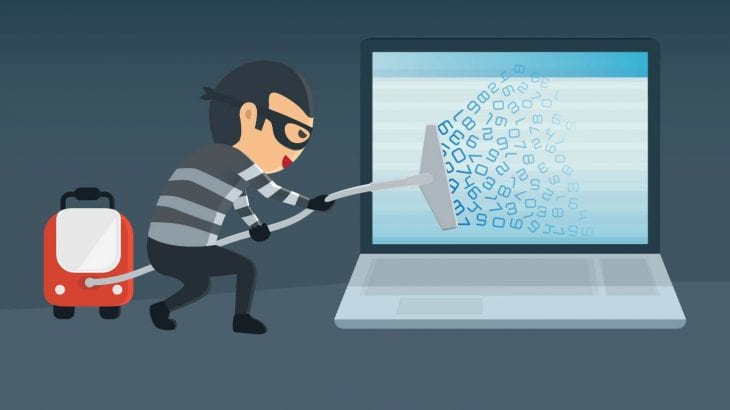A keylogger can be described as a malicious computer program that secretly monitors and logs all of your keystrokes. Keyloggers can come in the form of malicious software and malicious devices; however, the latter is much rarer than the former.
Keyloggers are not necessarily malicious because lots of companies deploy such software in order to monitor what their employees do or to track what someone else is doing on their personal computer and such. The key defining feature of keyloggers is the ethical boundary of the person monitoring and the person being monitored.
One of the first few known cases of malicious use of keyloggers happened to a man called Joe Lopez. He had his money stored in his Bank of America account, a sum of $90.000, and his computer was inflicted with a computer virus, a keylogger, which happened to stole all his money from his account after obtaining his Bank of America username and password.

Source: NordVPN
As mentioned before, there are many instanced where software developers sell legitimate keylogging software. Some of the cases include:
- Parent Control: Parents may use keylogging software to track what their children do on and off the Internet
- Company Security: Companies deploy keylogging software in order to track the use of their computers during and off working hours
- Law Enforcement: Law enforcement deploys keyloggers to track and analyze incidents related through the use of a personal computer
- Many other reasons
How to Protect Yourself From Keyloggers?
For every beneficial purpose that keyloggers are used, there are many cases where someone would try to harm you using a keylogger, such as the above-mentioned example of Joe Lopez.
Protecting yourself from keyloggers come in the form of software that can monitor and track malicious software, such as Wolfeye Keylogger. Wolfeye Keylogger monitors unauthorized PC access, monitors your children while on the Internet, can monitor your staff, and many more. Wolfeye Keylogger can also store all of your keystrokes and send them to a remote email address of the person monitoring.
Other types of precautions can be taken in order to avoid your PC being inflicted by a keylogger. Avoiding suspicious website links, avoiding suspicious email links, and avoiding suspicious download files are your first line of defense.

Source: Technical Trendz
Why Are Keyloggers a Threat?
Unlike most malicious programs, keyloggers pose no threat to your personal computer, rather to you. Keyloggers are mainly used to track your username’s and password’s in order to obtain access to your online bank accounts, emails, social media accounts, and such. They are used to obtain access to your personal data, money, and even your personal life. Keyloggers are also used for a variety of other reasons. They can be used as a tool of industrial and political espionage, they can be used to gain access to classified information and more.
Keyloggers are one of the main tools of cyber terrorists and they are deployed through various phishing sites. All it takes is for a user to click on a phishing link, which will take him to a phishing site and he/she will become compromised. They are widely used for the theft of personal information, which can later be sold to the highest bidder.
Recently the use of keyloggers has been more and more popular, and not for good reasons. So because of this, each user on the Internet must take extra precautions when visiting and clicking suspicious links.

Source: Leslie A. Farber
